Committed to Social Responsibility
2030 goal: Implement UNGPs and OECD guidelines throughout our supply chain and cascade to the next level from the largest suppliers.
Current Focus Area/Theme
- Implement UNGPs and OECD processes at our manufacturing sites.
- Cascade same methodology to key suppliers
2021 ambition to action:
Implement UNGPs and OECD guidelines with at least 25% of our key suppliers.
- 40% female leaders.
An important part of delivering on our 2030 goals is to have processes and systems in place to en-sure that we deliver on international principles for sustainable development. Laerdal is committed to support and follow the UN Global Compact https://www.unglobalcompact.org/library/2 principles on human rights, labour, environment and anti-corruption. This commitment is reflected in the way we operate and in what we expect from our suppliers and partners. We became a member of Global Compact in 2015.
Laerdal has a strong commitment to the SDGs, specifically SDG3 Good Health and Well-Being, and in 2019 we committed to the UN Guiding Principles on Human Rights (UNGPs) and the Organisation for Economic Co-operation and Development (OECD) Guidelines for Multinational Enterprises. https://www.oecd-ilibrary.org/governance/oecd-guidelines-for-multinational-enterpris-es_9789264115415-en
By having a strong focus on human rights, reducing environmental harm, and anti-corruption, we are in good position to partner with international organi-zations and to deliver on other relevant SDGs.
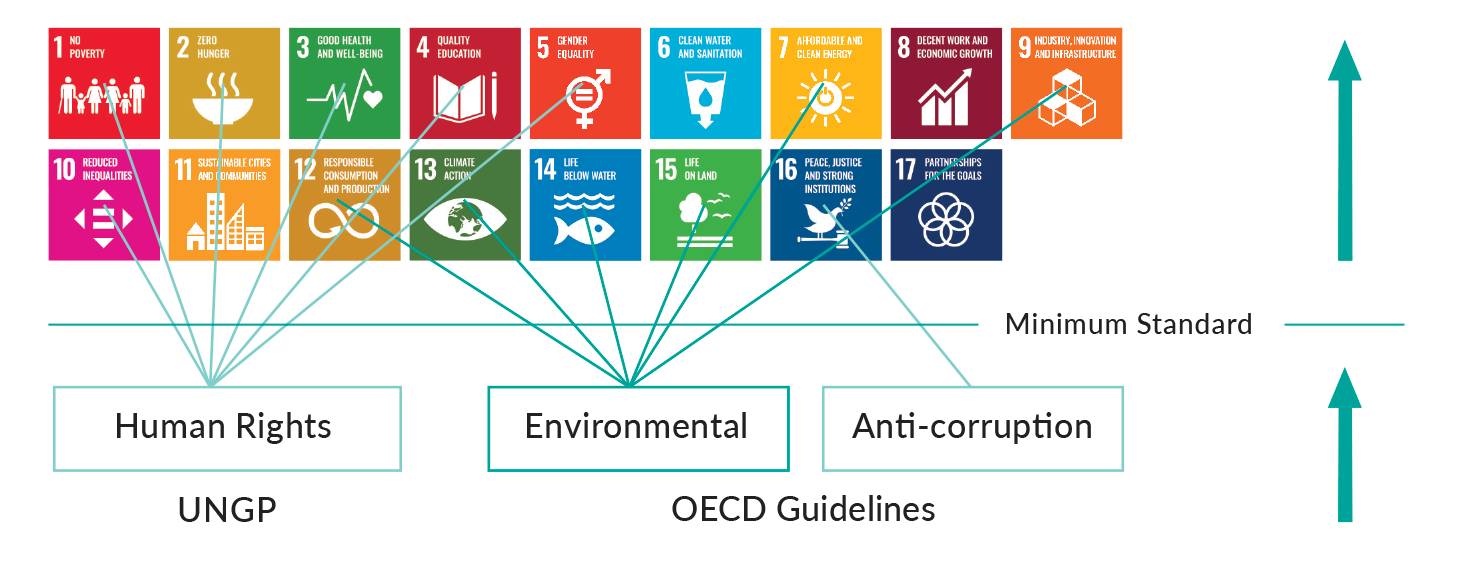
Implementing the UNGPs and OECD guidelines
Based on a framework developed by the sustainable business consultants, GLOBAL CSR, we have established a methodology to implement the UNGPs and OECD guidelines, which for us is a way to ensure we conduct business in a responsible man-ner. We are committed to respect the human rights of others, minimize our negative impact on the environment and ensure anti-corruption. We assess and address any potential adverse impacts using this framework. We expect our suppliers and partners to do the same.
This requires us to:
- avoid causing or contributing to adverse impacts on human rights, the environment and anti- corruption through our own activities but addressing such impacts when they occur; and
- seek to prevent or mitigate adverse human rights, environment and anti-corruption impacts that are directly linked to our operations, products or services through our business relationships.
We have in addition, in alignment and partnership with an external human rights lawyer, developed policies and processes relevant for our operational risks and global reach. This includes implementa-tion of and follow up on:
- a CSR policy commitment;
- a Human Rights due diligence process; and
- establishing grievance mechanisms to enable access to remedy.
“We are proud to assist Laerdal in implementing the UNGPs and OECD guidelines. By using our newly developed cloud-based Due Diligence tool, regular impact assessments are facilitated for both Laerdal and key suppliers.
In 2019, Laerdal with our support developed capacity and conducted the first operational level impact assessment with key Laerdal representatives from their corporate office and their factories inMonterrey (Mexico) and Suzhou (China). The tool will enable both their own operations and key suppliers to conduct and document regular impact assessments - the key element of the UNGPs.”
- Sune Skadegaard Thorsen
Human Rights Lawyer, GLOBAL CSR
www.globalcsr.net

Our business relationships
Laerdal collaborates with carefully considered, reputable partners to create long-lasting business relationships. To assure continuous alignment, we conduct regular assessments. We will move towards a continuous process engaging our suppliers and partners to assure we all meet the UNGPs and assess any impact on human rights while increasing transparency and trust.
We expect our partners and suppliers to:
- meet the globally agreed minimum standard for responsible business conduct as referenced in our Policy on Corporate Social Responsibility and outlined in our Code of Conduct for Business Relationships;
- manage risks of adverse human rights impacts that they may cause or contribute to;
- communicate promptly to us any severe adverse impacts that our relationships cause, contribute or are linked to; and
- ask the same from their business relationships.
This is a new approach for due diligence, where partner-ship and transparency are key elements. We will share our risks and our strategy for mitigating them and expect our suppliers and partners to do the same. In this way we will learn from each other and work together to ensure responsible business conduct. We believe that a collab-orative approach to ensure responsible business is more effective than a controlling one.
Diversity and inclusion
In addition to managing risks of adverse impacts on the right not to be subjected to discrimination, we believe that diversity and inclusion from entry level to top man-agement help us drive better decision-making. Fostering diversity, enables us to build cultural awareness, a broad-er competence base and to understand better our cus-tomers across cultures. We have a diversity and inclusion policy that builds on the prohibition of discrimination or harassment of any kind. https://laerdal.com/about-us/working-at-laerdal/diversity-and-inclusion/
Over the last two years, we have increased our workforce to over 1500 permanent employees. There has been a slight decrease in the percentage of female workers due to lower ability to recruit women for our growing software activities,but we have increased the percentage of female team leaders to 38%. Today 31% of the senior management group are females.
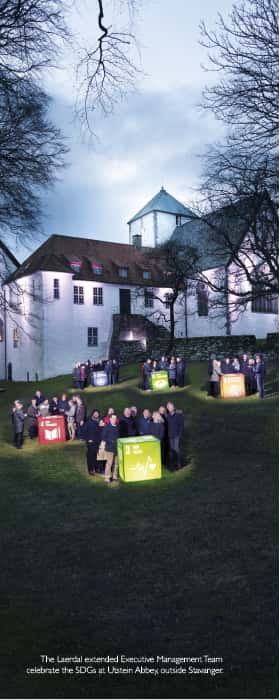
More from the sustainability report:
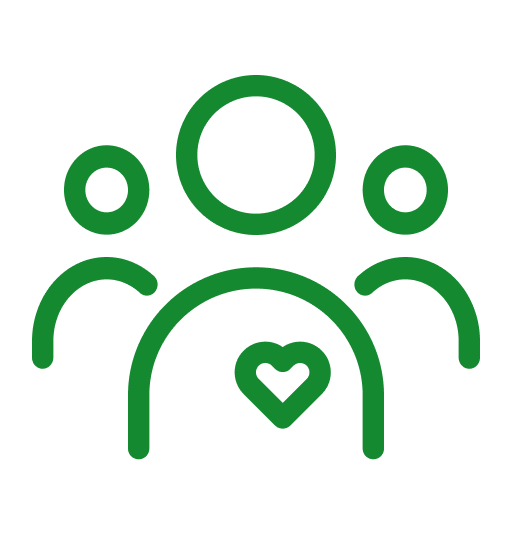 Helping save lives
Helping save lives
We are committed to achieving our goal of helping save one million more lives and doing so in a sustainable manner.
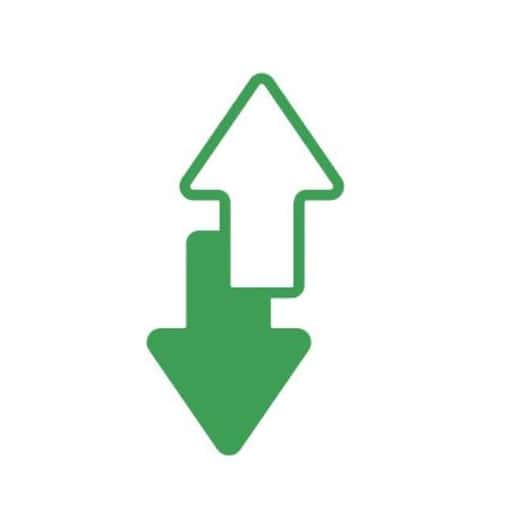 A vision with action
A vision with action
Based on the company mission and vision we have set bold sustainability goals for 2030 with clear actions year by year to assure delivery.
 Measure to improve
Measure to improve
All direct and indirect emissions generated as a result of our economic activity across the three emission scopes are measured in a proven, methodical manner.
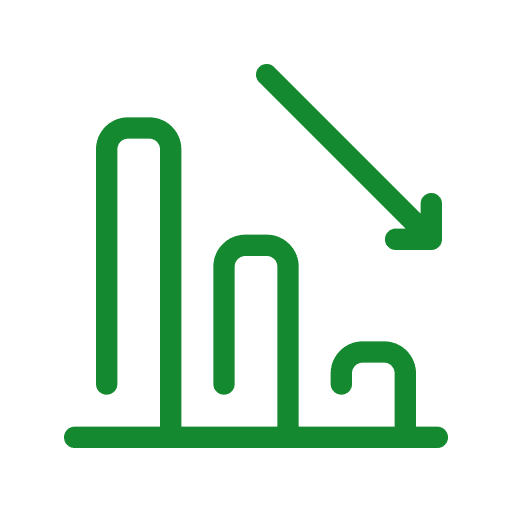 Carbon neutral
Carbon neutral
Achieve a 70% reduction in carbon emissions by 2030. Across; facilities, transport and travel, and supply chain.
Offset any residual emissions.
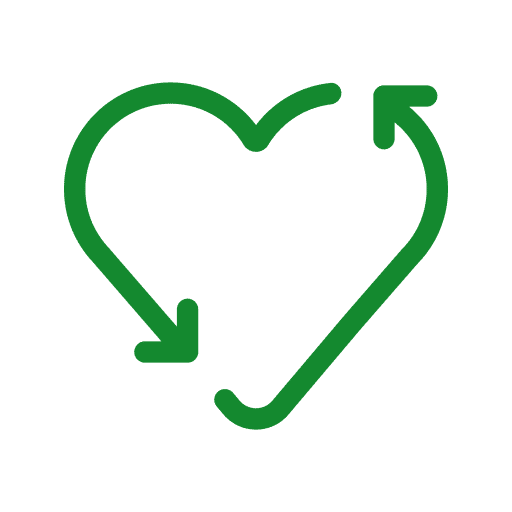 Circular solutions
Circular solutions
Reduce, Reuse, Recycle.
Design sustainability into new products, solutions, and sales models. We aim to use circular materials throughout the value chain.